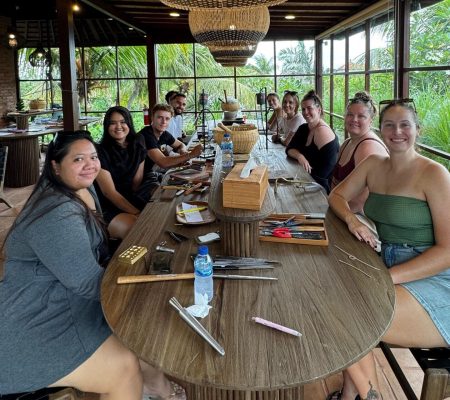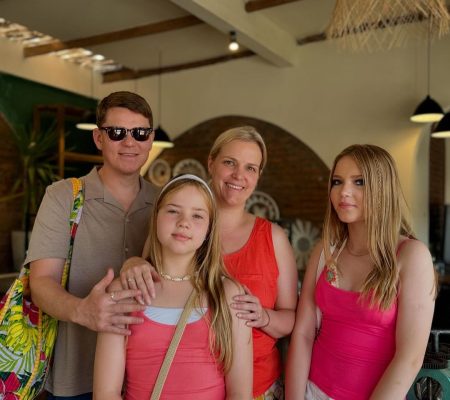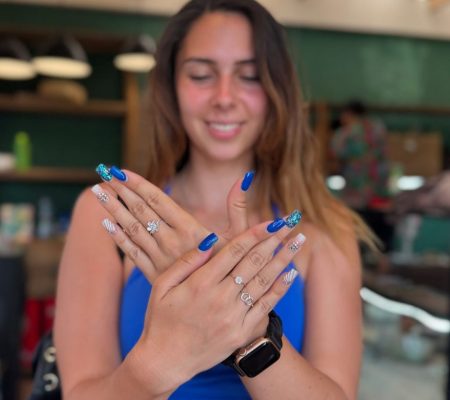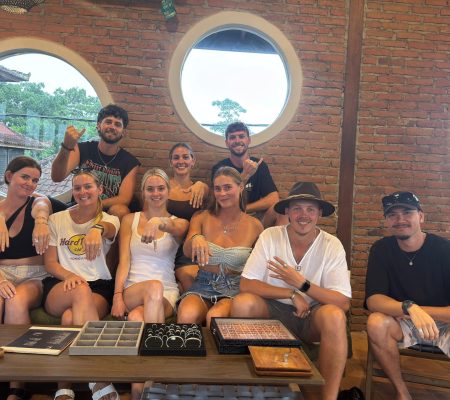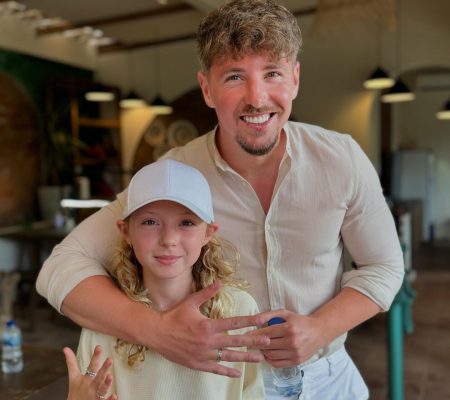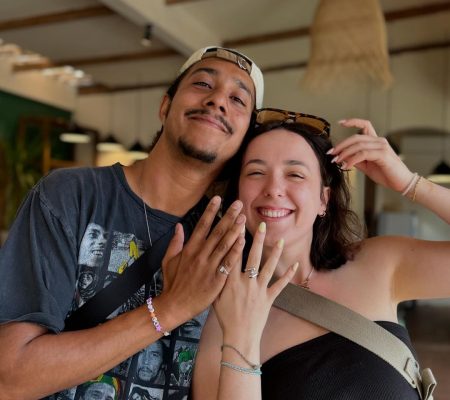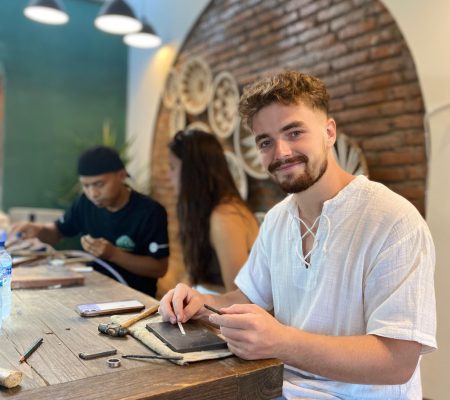Hidden Gems in Ubud: Secret Spots You’ll Love to Discover
Hidden Gems in Ubud: Secret Spots You’ll Love to Discover
Looking for a different side of Ubud beyond the well–known rice terraces and Monkey Forest? Ubud is full of secret spots—hidden gems that most tourists miss but locals cherish. From tranquil temples to secluded trails and breathtaking canyons, these places offer a quieter, more authentic glimpse into Bali’s cultural heart.
In this guide, we’ll take you through some of Ubud’s best‑kept secrets that will make your trip even more memorable.
Why Ubud is the Perfect Place to Find Hidden Gems
Ubud is more than just Bali’s cultural hub—it’s a maze of narrow lanes, jungle paths, and village shortcuts that lead to unexpected beauty. Whether it’s a centuries‑old temple tucked behind the confluence of rivers, a dramatic canyon carved by time, or peaceful rice‑field trails, Ubud invites you to slow down and explore at your own pace.
These hidden gems attract travelers who prefer meaningful, soulful experiences over crowded tourist spots—letting you connect more deeply with nature, culture, and spirituality.
Hidden Gems in Ubud: Our Top Picks
1. Pura Gunung Lebah – A Riverside Sanctuary in the Heart of Ubud
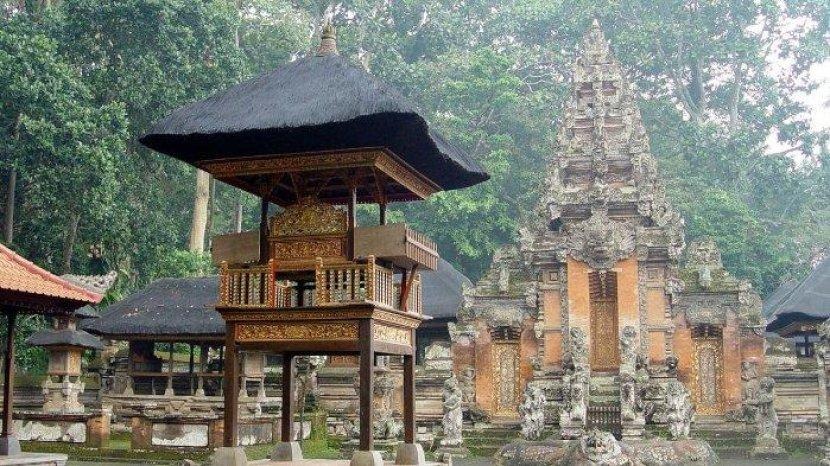
Image Source: www.tribunkaltimwiki.tribunnews.com
History & Significance
Pura Gunung Lebah was founded in the 8th century by the revered Indian priest Rsi Markandeya, who also established other key temples across Bali, including Besakih Temple. Situated at the confluence of the Wos (Oos) and Cerik rivers—an auspicious meeting of waters—Rsi Markandeya selected this spiritual site for meditation, sensing the natural energy of the place.
The name “Gunung Lebah” derives from Balinese words meaning “mountain” and “valley,” suitably describing its location at the river valley under a small hill. The surrounding area, rich in medicinal flora discovered by the temple’s early settlers, later became known as Ubud, from the Balinese ubad (medicine).
Spiritual Ambiance & Cultural Role
Nestled within lush greenery, Pura Gunung Lebah remains a tranquil temple ideal for quiet reflection and spiritual connection. As one of Ubud’s ancient sacred sites, it is deeply rooted in Balinese history and ritual life. In the Balinese Hindu tradition, it is associated with Agama Tirtha (the religion of holy water), spiritual irrigation systems (subak), and the early foundations of Ubud’s spiritual and communal identity.
Visiting Tips & Practical Info
Opening Hours & Admission: Free admission with the option for donations; typically open daily from around 8 AM to 5 PM
Best Time to Visit: Early morning (around 7–9 AM) offers the most peaceful atmosphere and soft light, perfect for meditation or photography
Dress Code: Visitors should wear modest attire, covering shoulders and knees. Sarongs and sashes are often available for rent or included for a small donation (~IDR 10,000–20,000)
Access: The temple lies just steps down from Jalan Raya Campuhan, beneath the Campuhan bridge, and is conveniently close to central Ubud
Nearby Attractions: Easily combined with a stroll along the Campuhan Ridge Walk, or visits to nearby cultural spots like Blanco Museum or Warung Murni for lunch
2. Subak Juwuk Manis Rice Field Walk – A Tranquil Loop Through Lush Paddies
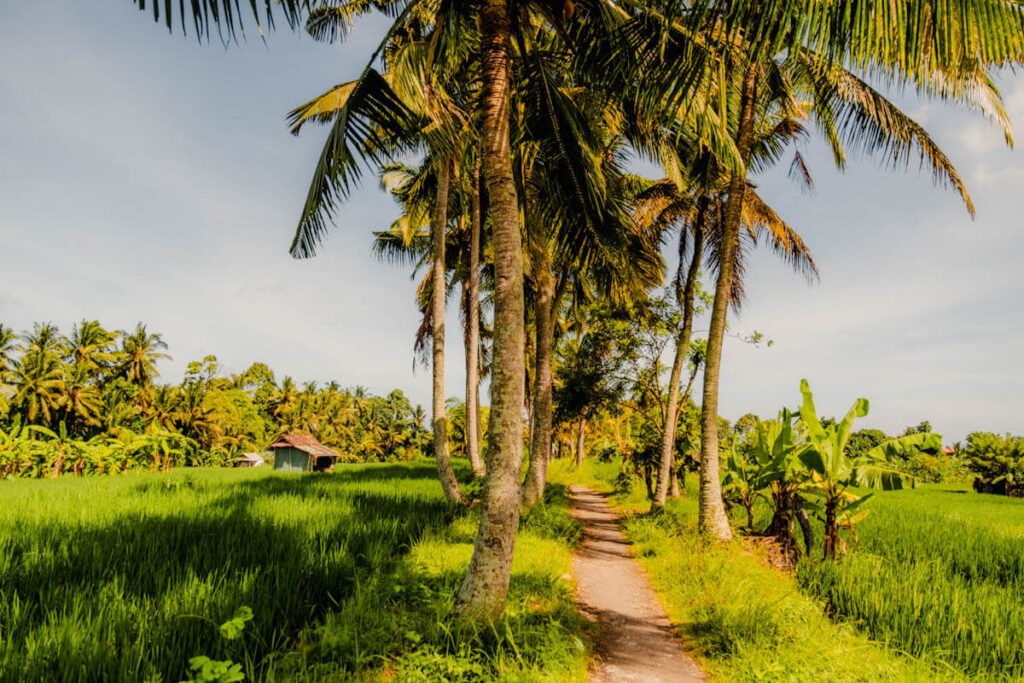
Image Source: www.travelinmypocket.com
History & Cultural Significance
The Subak Juwuk Manis—also known as the Kajeng Rice Field Walk or Sweet Orange Walk—is a scenic loop located just behind Ubud’s main road, Jalan Raya, near the Ubud Palace and Saraswati Water Temple. It offers a peaceful escape through working rice paddies and a glimpse into Bali’s centuries‑old Subak irrigation system, which is itself a reflection of the island’s harmonious philosophical and agricultural heritage.
The Subak system, a UNESCO-recognized cultural landscape, is based on the Balinese philosophy of Tri Hita Karana—promoting harmony between humans, nature, and the divine—and ensures equitable water distribution among farmers via water temples and communal cooperation.
Trail Experience & What to Expect
The trail begins via a narrow alleyway off Jalan Kajeng or near Ubud Market. The path leads through traditional Balinese village settings and opens up into vibrant rice fields irrigated by the Subak system. This is one of Ubud’s quieter walking routes—far less crowded than Campuhan Ridge—making it ideal for those seeking a tranquil escape.
As you stroll through, you’ll likely pass Sweet Orange Warung, a charming café offering fresh coconut juice, light snacks, and vibrant local hospitality.
Visiting Tips
Best Time to Visit: Morning or late afternoon for softer light and fewer people
Trail Difficulty: Easy, flat terrain suitable for all ages and fitness levels; loop takes about 1–1.5 hours, longer if pausing at cafés
What to Bring: Comfortable shoes for uneven paths, water, and a camera—views are lovely. Be ready to interact with local farmers and café vendors along the route
Entrance Info: Free access—just walk in from Jalan Kajeng or the Jalan Raya entry near the market
3. Yeh Pulu Relief – A Cliffside Chronicle of Ancient Balinese Life
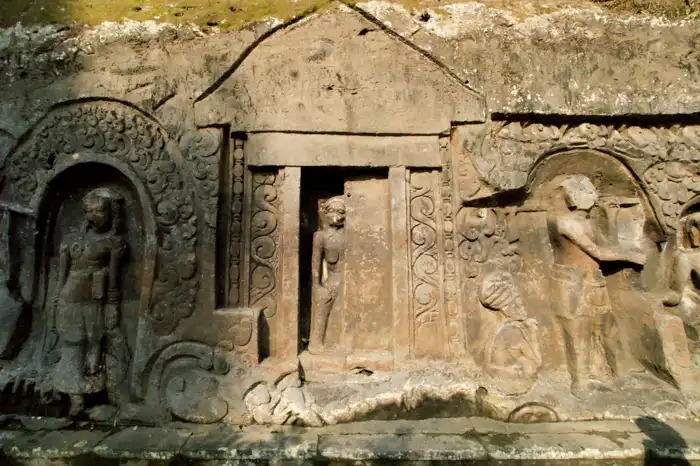
Image Source: www.find-asia.com
History & Cultural Significance
Yeh Pulu Relief is an extraordinary archaeological site dating back to the 14th century, located in Bedulu Village, just a short drive from central Ubud. This 25-meter‑long and ~2‑meter‑high carving is etched directly onto a natural cliff face, depicting vivid scenes of historical Balinese life—farmers, villagers, animals, and mythological figures, possibly even Krishna and Ganesha—offering a unique glimpse into the island’s ancestral narrative.
Rediscovered in 1925 by a local official and later documented by Dutch archaeologists in 1929, restoration efforts followed in 1949 and 1953 to preserve the site from erosion and further decay.
Unlike reconstructed or roped-off heritage sites, Yeh Pulu remains refreshingly unfiltered—there are no barriers or flashy amenities; just the raw cliff, the carved stories, and a serene atmosphere conducive to reflection.
Visitor Tips & Practical Information
Opening Hours & Admission
The site is generally open daily from ~7 AM to 6 PM. Admission is approximately IDR 30,000 for adults, with a reduced rate for children, and often includes a sarong if needed.Best Time to Visit
Visit during early morning (8–9 AM) or late afternoon for the most flattering soft light, cooler temperatures, and fewer visitors.Trail & Visit Duration
Access involves a peaceful walk—roughly 5–10 minutes—through quiet rice fields from the parking area. Plan to spend 30–45 minutes exploring the carvings and soaking in the tranquil environment.Entrance & Accessibility
The site is accessed via a modest entrance in Bedulu Village. Parking is available nearby, and the walk to the site is short and scenic through traditional paddy fields.
4. Hidden Canyon Beji Guwang – A Sacred Labyrinth Carved by Time
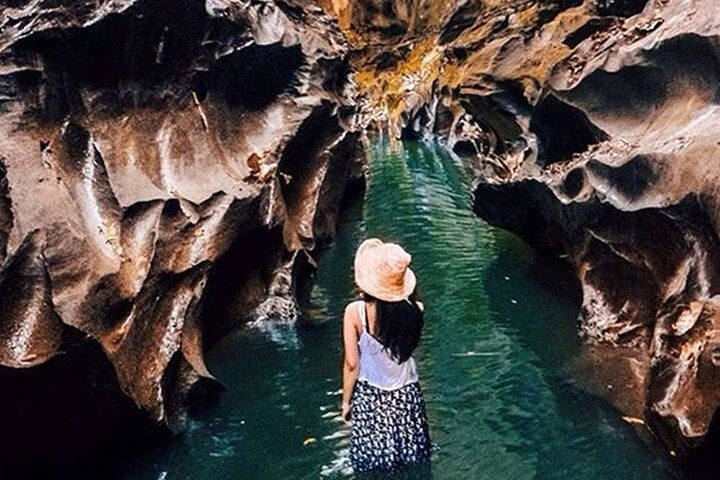
Image Source: www.pelago.com
History & Cultural Significance
Hidden Canyon Beji Guwang, tucked away in Guwang Village, Sukawati, Gianyar, is an awe-inspiring natural formation shaped by the Oos River over millennia. The gorge’s dramatic cliffs and narrow passageways offer more than scenic beauty: it holds deep spiritual significance for locals. The area—known locally as Beji Guwang Batu Kelet—was long revered, intertwined with nearby Beji and Pura Dalem Temples, and used for purification rituals such as melukat before being known to the broader world in 2015.
Adventure & Visitor Experience
Discovered by global travelers in 2015, the canyon features a thrilling journey through three distinct sections, each offering unique rock formations, shaded tropical foliage, and glistening river pools. The trek typically spans around 800 meters and takes around 2 hours to complete, with guests wading through water, climbing over carved walls, and sometimes floating in natural rock pools—guided at all times by experienced locals who combine storytelling with safety instruction.
Visitor Tips & Practical Informatio
- Opening Hours & Admission
The canyon is open daily from 8:30 AM to 4:30 PM. Entry starts at around IDR 200,000 per person, which includes a local guide, locker, changing facilities, and drinking water. Best Time to Visit & Seasonality
Visit during the dry season (April–September) when water levels are lower and the terrain is safer and easier to navigate. Avoid rainy days due to strong currents and slippery rocks.Trekking Conditions & Duration
Expect to get wet and nimble as the trek involves wading through chest-high water, scrambling over rocks, and navigating slippery surfaces. The full trek lasts around 2 hours, though shortcuts via rice field exits are sometimes available for those who wish to shorten the journey.Safety & Guides
A local guide is mandatory—for both access and safety. They provide clear instructions, handle lockers or dry-bag storage of valuables, and help ensure safe passage through challenging sections.
5. Tukad Cepung Waterfall – A Sunbeam-Lit Cave Wonderland
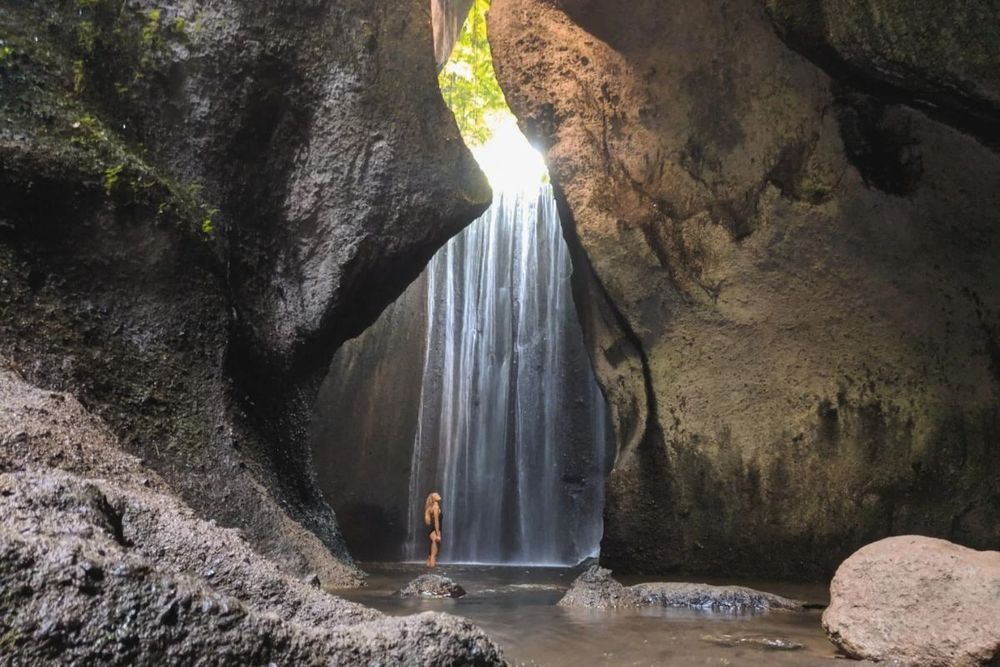
Image Source: www.rumah123.com
History & Cultural Significance
Tukad Cepung Waterfall is an enchanting natural gem, hidden inside a rocky canyon in Tembuku, Bangli Regency. Its beauty lies in how sunlight filters through a break in the cave ceiling, casting ethereal beams that illuminate the cascading water—creating a scene reminiscent of a natural cathedral or divine sanctuary. Known only to locals for many years, it has recently gained popularity among photographers and adventurous travelers for its dramatic light effects and secluded setting.
Adventure & Visitor Experience
Accessing Tukad Cepung isn’t just about the destination—it’s an immersive journey. The experience begins with a 15–20 minute trek, descending steep stone steps through lush jungle, followed by wading through shallow streams and gravel–covered terrain into the canyon’s heart. At the waterfall, visitors are greeted by misty air, moss‑coated cliffs, and those iconic sunbeams—truly a photographer’s paradise. Though swimming isn’t recommended (the water is shallow), cooling off with a splash under the beams is both refreshing and unforgettable. Facilities are basic, but there are small cafés and warungs near the trail providing refreshments and rest spots.
Visitor Tips & Practical Information
Opening Hours & Admission
Open daily from 7:00 AM to 6:00 PM. Entrance fee is approximately IDR 30,000, payable in cash only.Best Time to Visit
Visit between 9:00 AM and 11:00 AM to catch the famous sunbeam effect. Arriving around 8:00 AM helps beat the crowds and still offers good light conditions. Opt for weekdays in the dry season (April–September) for safer footing and clearer skies.Trail & Terrain
The walk from the parking area to the waterfall involves a 15–20 minute descent through steep stone steps, shallow stream crossings, and a slot canyon with uneven surfaces. Expect wet, slippery conditions—sturdy, non‑slip footwear is essential (water shoes or old trainers work best).What to Bring
Bring small-denomination cash for the entrance fee (no card payment accepted). A waterproof bag or protective cover for your phone or camera is highly recommended due to spray, river wading, and mist.
Bonus Tip: Turn Your Ubud Exploration into Artistic Expression
After a day of discovering hidden gems in Ubud, why not give your creative side some love? Alam Ubud Jewelry Workshop, nestled in the serene gardens of the Alam Wayang Resort, invites you to step into the maker’s world. In a cozy, air-conditioned studio with lush views, skilled local silversmiths guide you through crafting your own personalized silver jewelry—from concept to polished creation—resulting in a truly meaningful keepsake.
Visitor Tips & Practical Information
What’s Included
- Professional silversmith instruction and up to 7 grams of silver materials.
- Fully air-conditioned workspace, Wi‑Fi, bottled water, and swimming pool access for relaxation.
Duration & Format
- Express workshop lasts approximately 2 hours—the ideal creative escape that fits perfectly into an afternoon schedule.
Location & Opening Hours
- Conveniently situated at Jl. Banjar Penestanan Kaja Gg. Pacekan No. 18A, Sayan, Ubud, Gianyar, Bali 80571.
- Open daily from 9:00 AM to 7:00 PM—plenty of flexibility to slot it into your travel plans.
Booking Recommendations
- With its popularity among locals and tourists alike, booking in advance—especially during weekends or peak seasons—is strongly recommended.
Best For & Atmosphere
- Perfect for solo travelers, couples, small groups, and families (kids aged 7+ are welcome).
- Ideal as a peaceful afternoon activity—great after a spa visit or morning walk. Many guests love the relaxed atmosphere—”skilled staff, meaningful process, and a handcrafted souvenir that holds sentimental value.”
Final Thoughts
Ubud isn’t just about the famous Monkey Forest or bustling art markets—it’s a place where adventure and serenity hide in plain sight. From riverside temples steeped in history to secret rice field trails, ancient stone carvings, dramatic canyons, and mystical waterfalls, these hidden gems invite you to slow down and see a side of Bali that many visitors miss.
Each spot offers its own unique charm—whether it’s the spiritual calm of Pura Gunung Lebah, the peaceful green views of Subak Juwuk Manis Rice Field Walk, the historical significance of Yeh Pulu Relief, the adrenaline-filled trek at Hidden Canyon Beji Guwang, or the magical light play at Tukad Cepung Waterfall. Exploring them is more than just sightseeing—it’s about connecting with the land, the people, and the stories that make Ubud truly special.
Whether you choose to explore on your own or hire a local guide to show you the way, take the time to wander, listen, and observe. Respect the sacredness of these sites, dress appropriately, and travel at a pace that allows you to soak in every detail.
Share
Our Workshop Packages
Regular Class
Price:
IDR 450K /pax
- Swimming Pool Access
- Buggy Service
- Full AC Class Room
- Silver Material 1 – 7gr
- Silversmith Instructor
- WiFi
Price:
IDR 1.800K
- Swimming Pool Access
- Buggy Service
- Full AC Class Room
- Silver Material 1 – 7gr
- Silversmith Instructor
- WiFi
Price:
IDR 900K
- Swimming Pool Access
- Buggy Service
- Full AC Class Room
- Silver Material 1 – 7gr
- Silversmith Instructor
- WiFi
Price:
IDR 450K /pax
- Choice of One Drink: Smoothie, Soft Drink or Beer
- Free Swimming Pool Access
- Boogie Service
- Full AC Class Room
- Silver Material 1 – 7gr
- Silversmith Instructor
- WiFi
Premium Class
Price:
IDR 250K /pax
- Choice of One Drink: Smoothie, Soft Drink or Beer
- Free Swimming Pool Access
- Full AC Class Room
- Pure 24-Karat Gold
- Silversmith Instructor
- WiFi
Price:
IDR 450K /pax
- Choice of One Drink: Smoothie, Soft Drink or Beer
- Free Swimming Pool Access
- Full AC Class Room
- Silver Material 1 – 7gr
- Silversmith Instructor
- WiFi
Price:
IDR 1.800K
- Choice of One Drink: Smoothie, Soft Drink or Beer
- Free Swimming Pool Access
- Full AC Class Room
- Silver Material 1 – 7gr
- Silversmith Instructor
- WiFi
Price:
IDR 900K
- Choice of One Drink: Smoothie, Soft Drink or Beer
- Free Swimming Pool Access
- Full AC Class Room
- Silver Material 1 – 7gr
- Silversmith Instructor
- WiFi
Price:
IDR 450K /pax
- Choice of One Drink: Smoothie, Soft Drink or Beer
- Free Swimming Pool Access
- Full AC Class Room
- Silver Material 1 – 7gr
- Silversmith Instructor
- WiFi

